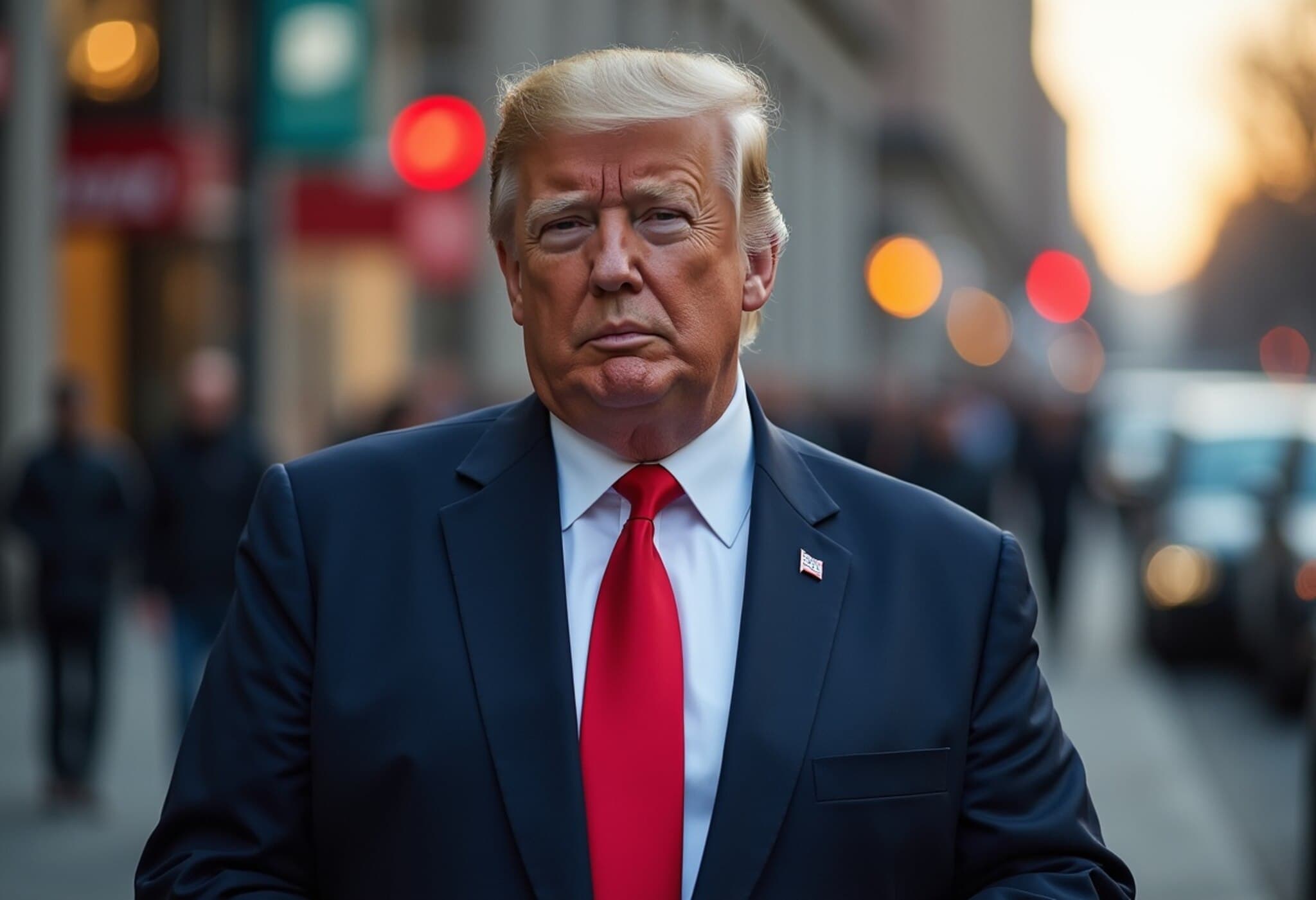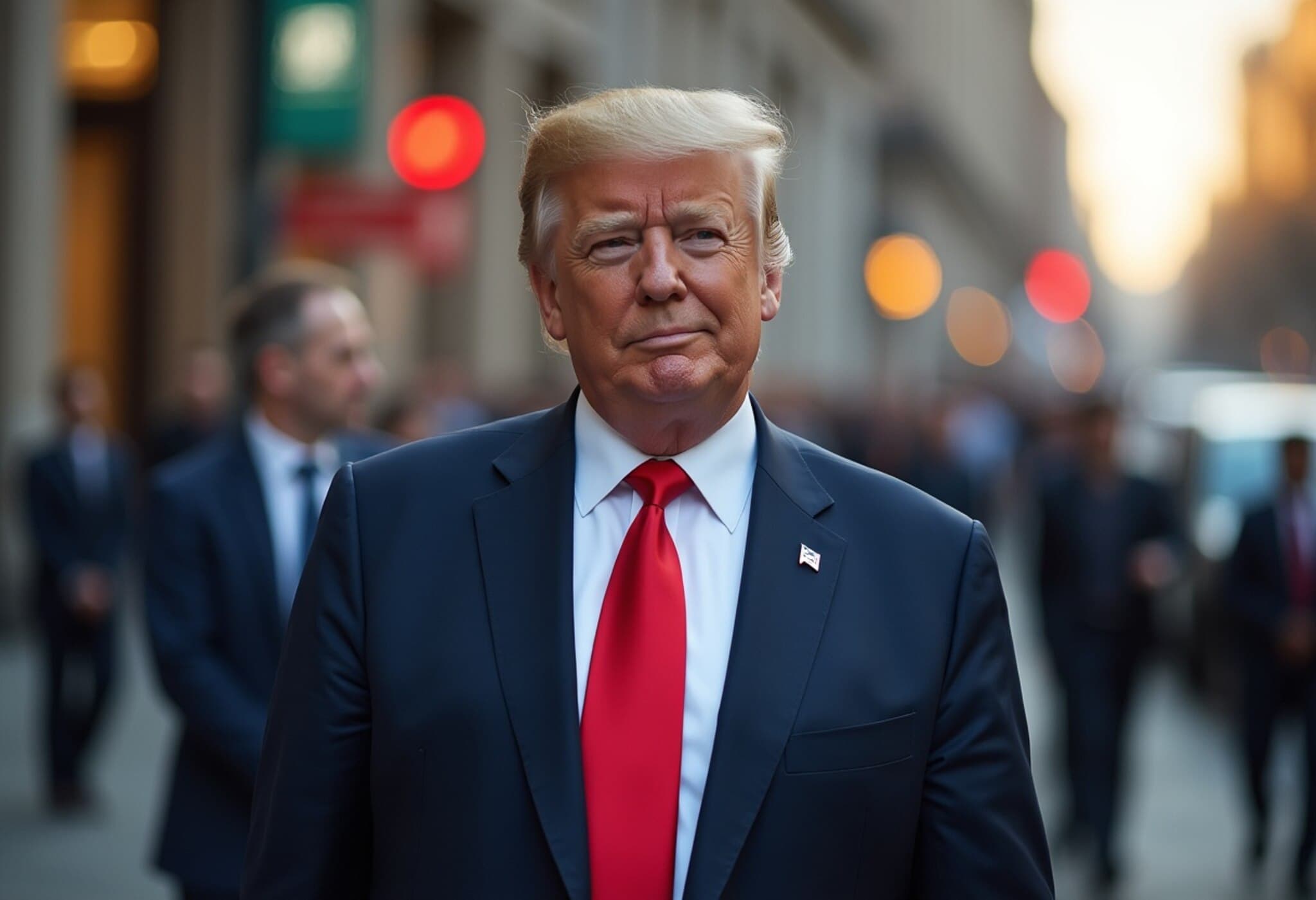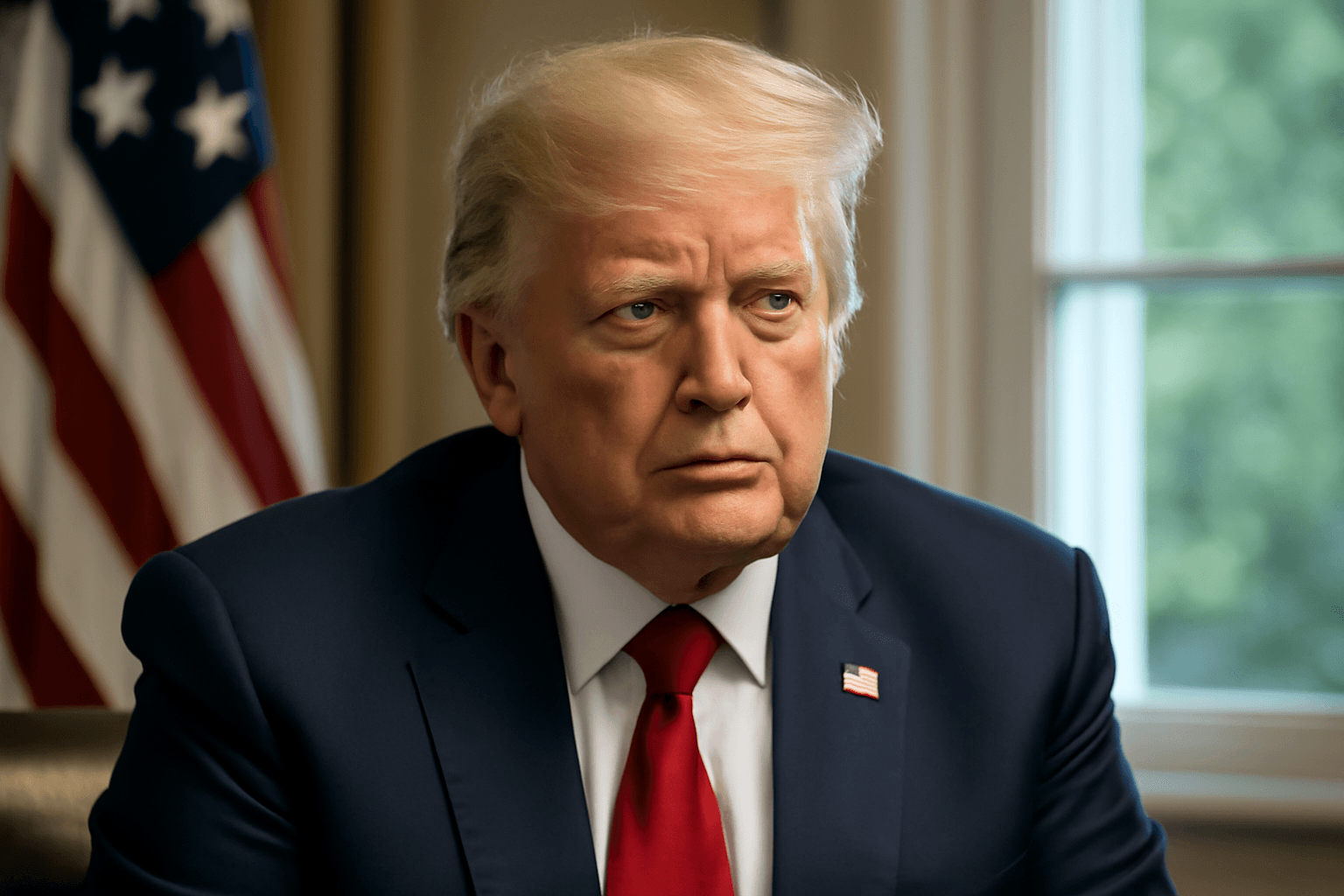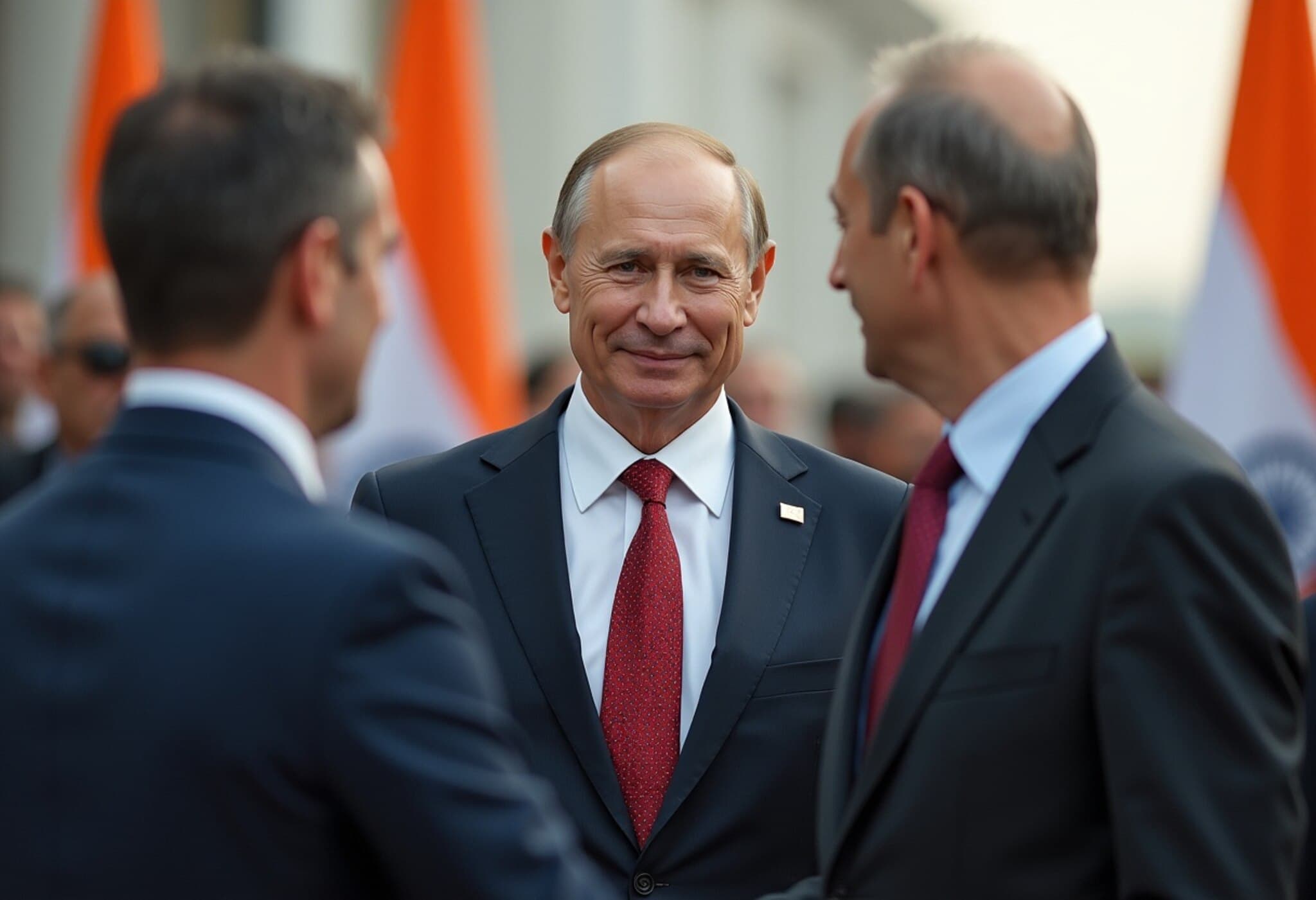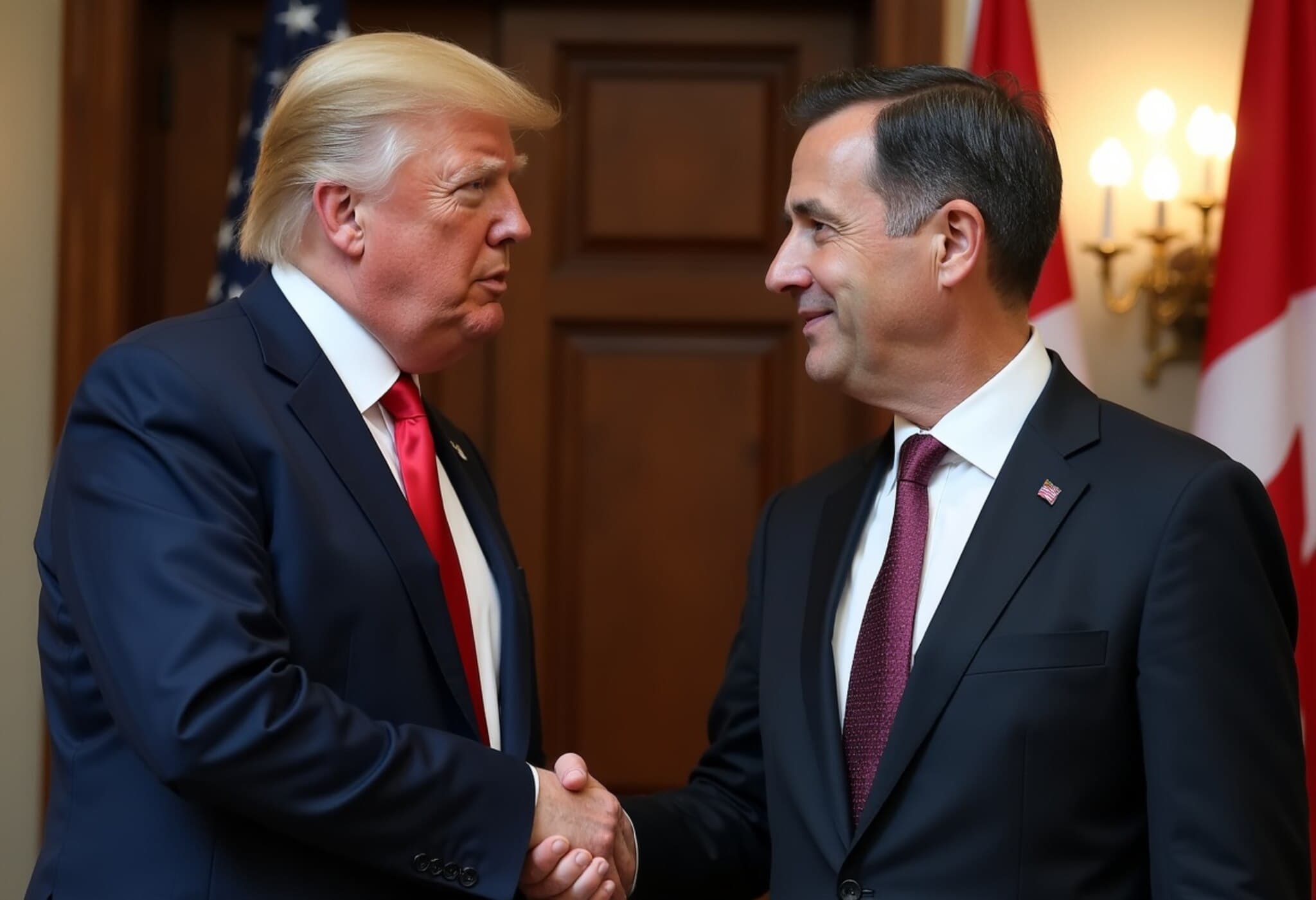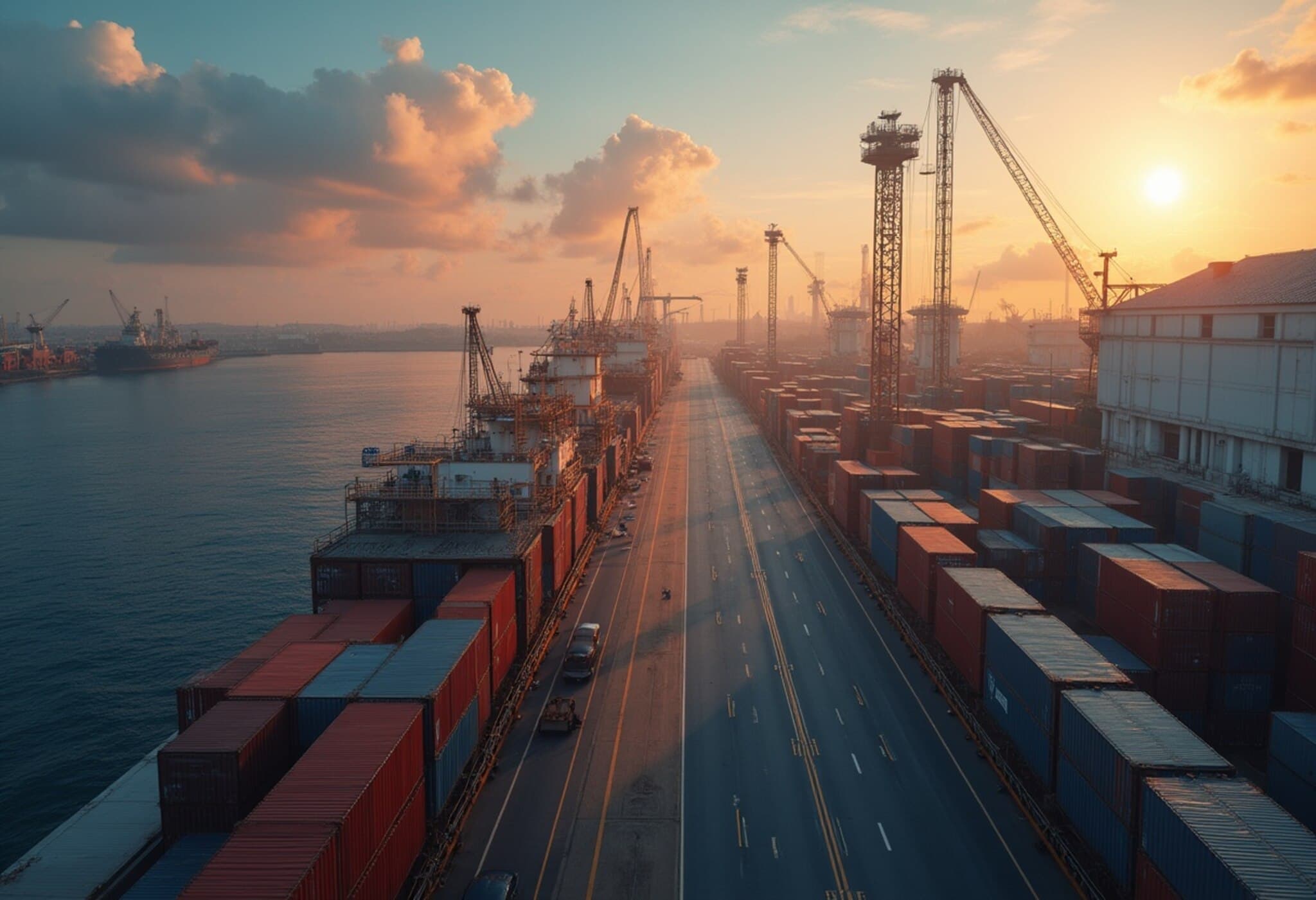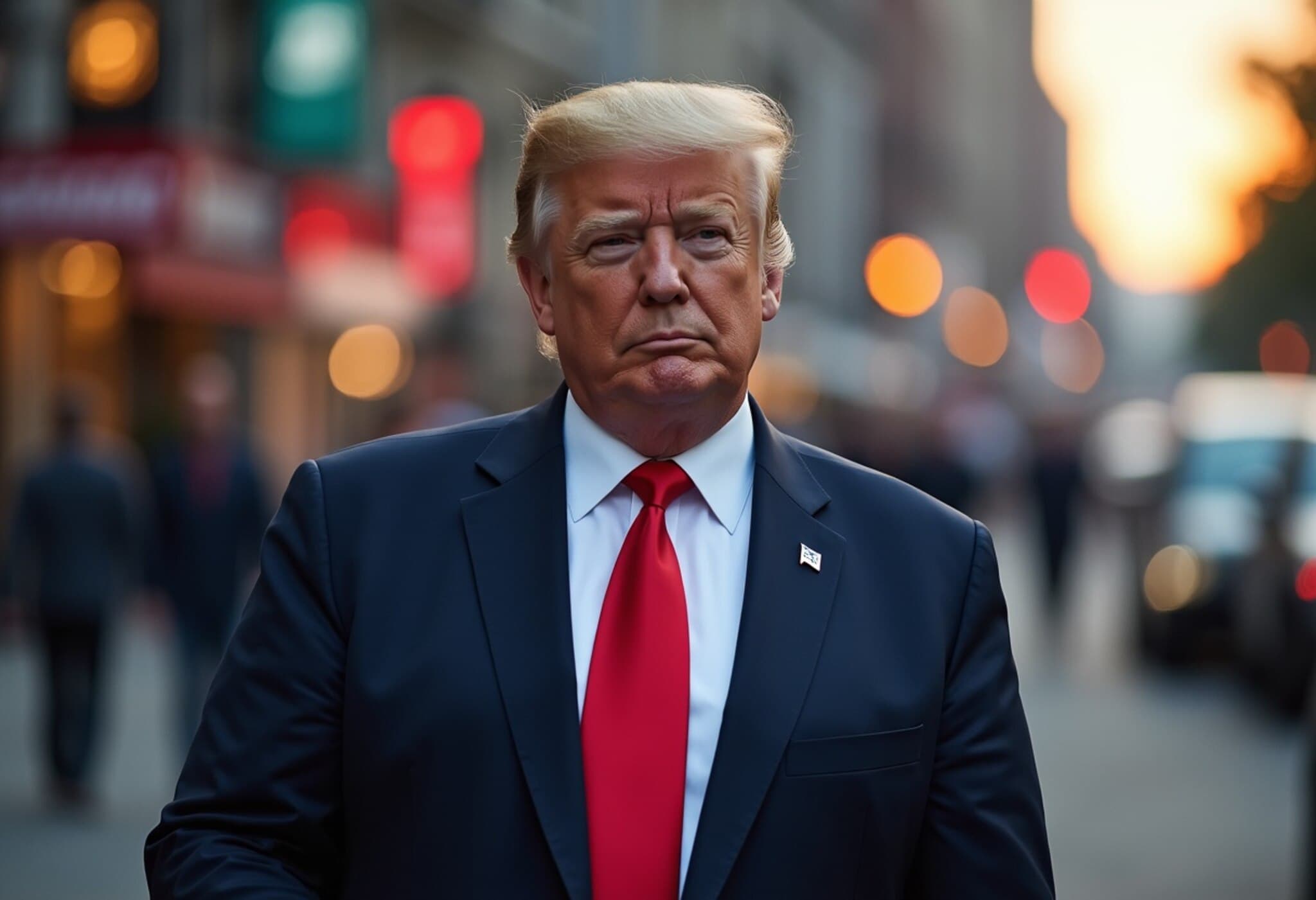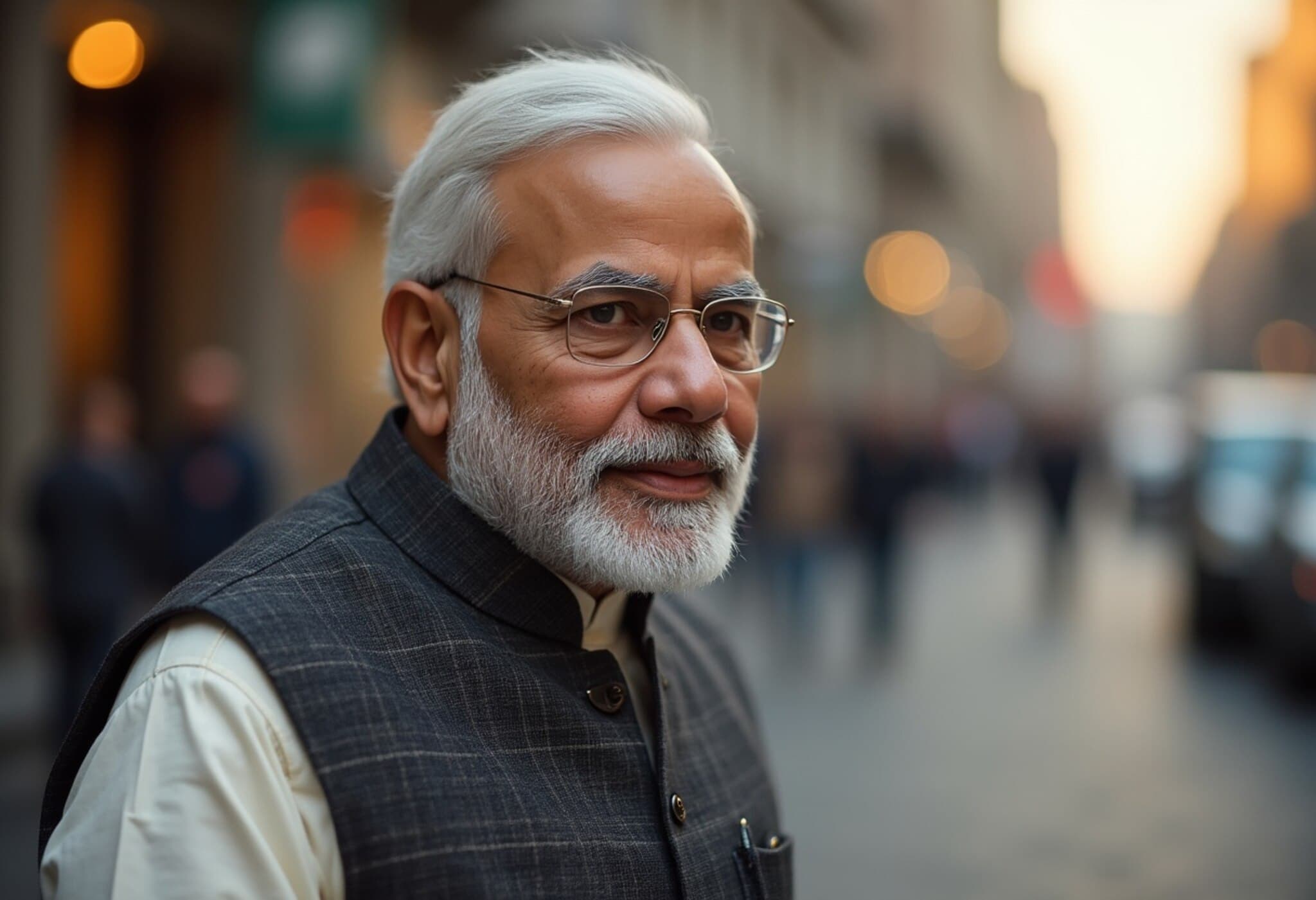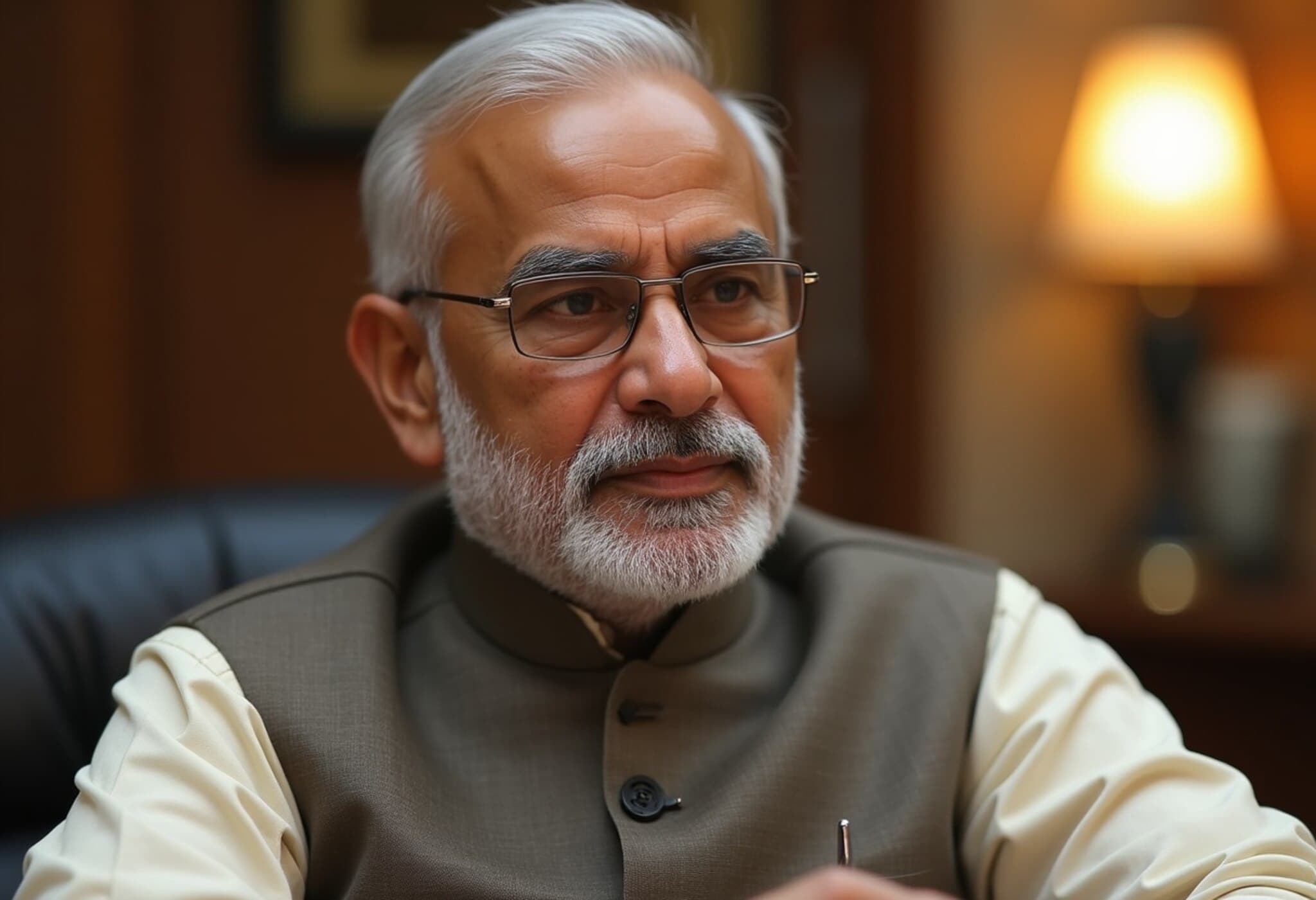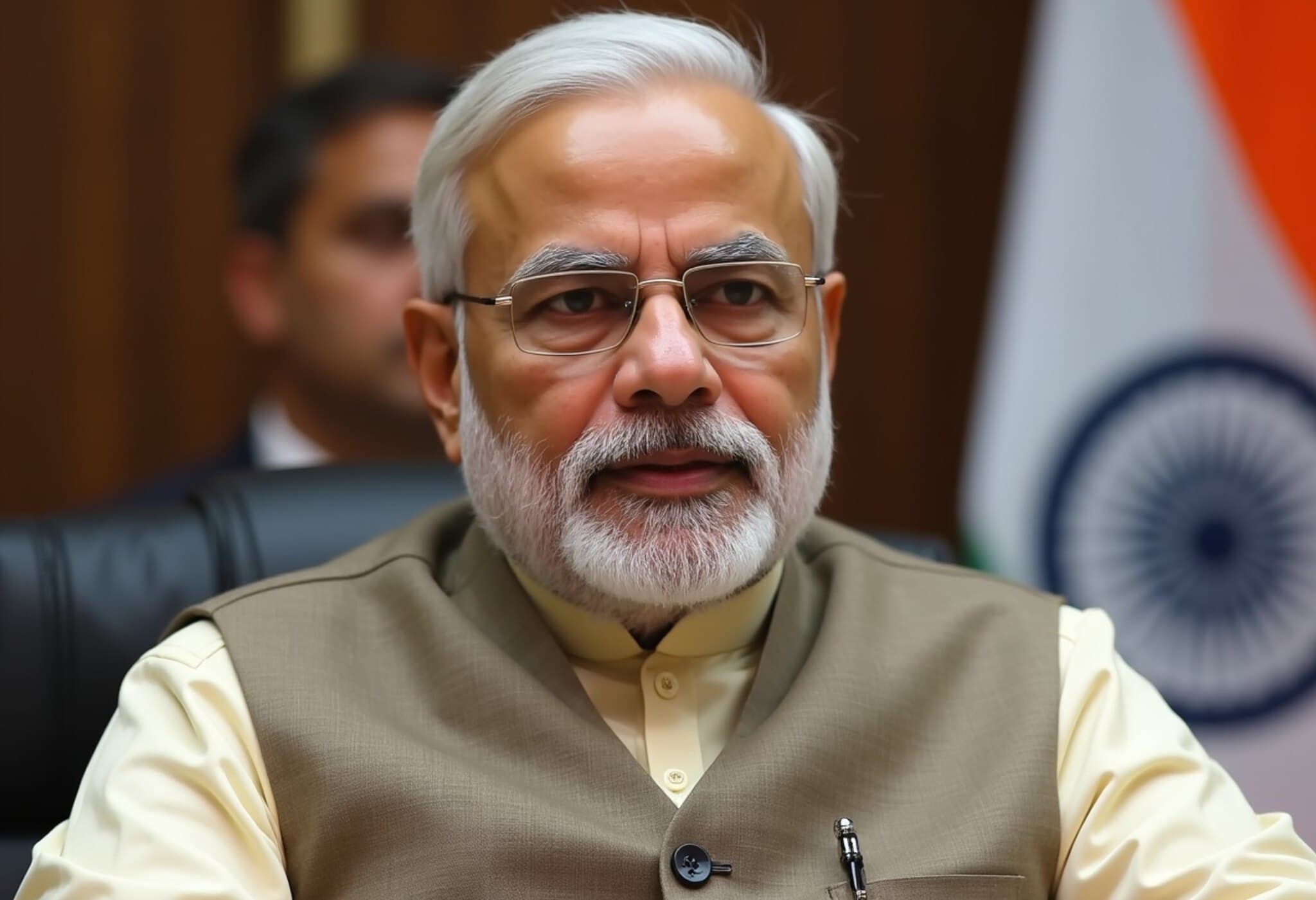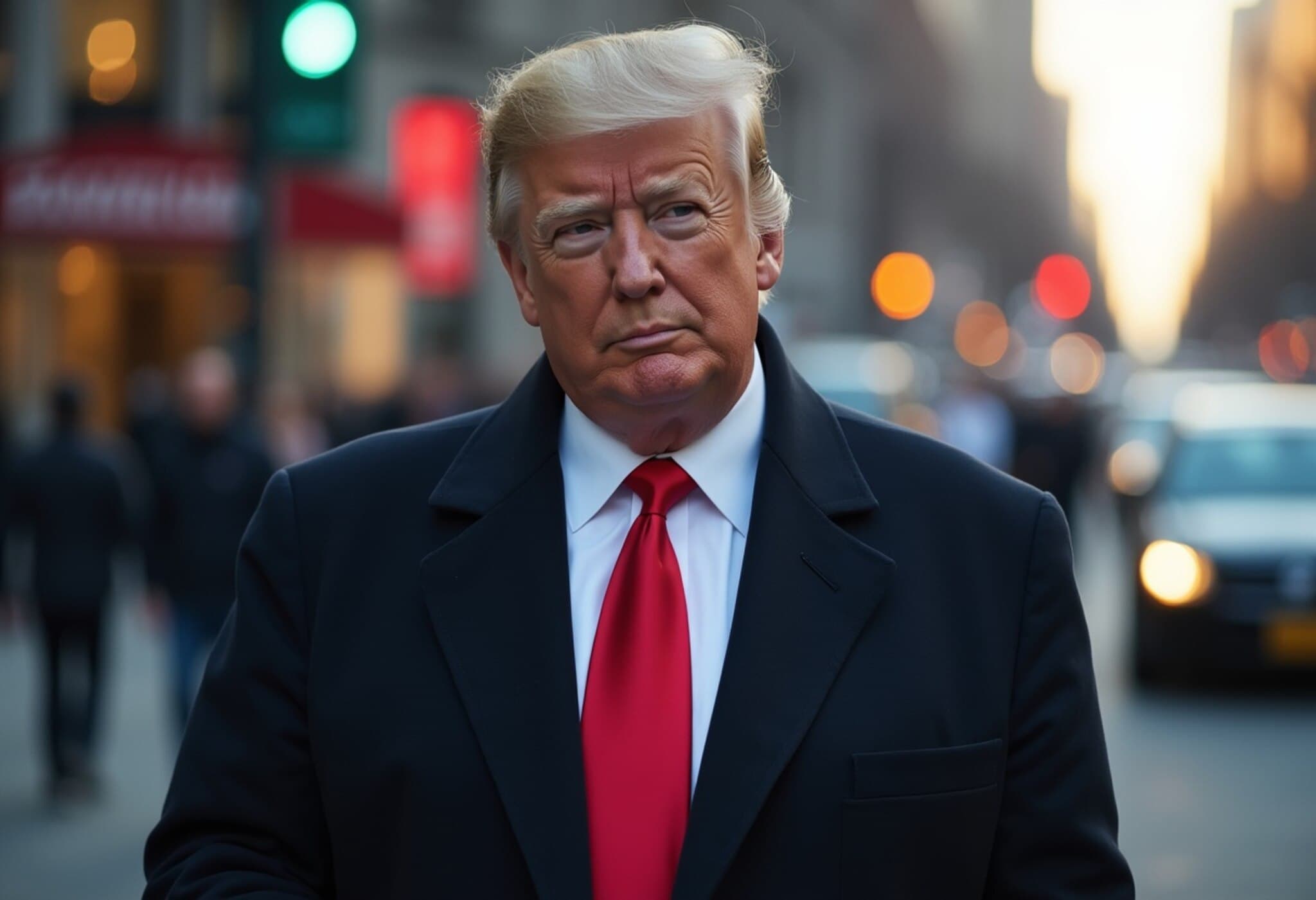Trump Revisits Tariff Threats Against Nations Purchasing Russian Energy
In a recent press briefing, former US President Donald Trump addressed the contentious topic of tariffs on countries importing energy from Russia, a subject that has stirred international debate and diplomatic strain.
Clarifying the Scope of Tariffs: No Fixed Percentage Confirmed
Contrary to earlier assertions specifying a 100% tariff, Trump stated, “I never said a percentage, but we’ll be doing quite a bit of that. We’ll see what happens over the next fairly short period of time.” His comments suggest a flexible approach rather than a rigid fixed duty on Russian energy imports.
Trump also referenced an upcoming meeting with Russian officials, noting, “We have a meeting with Russia tomorrow. We’re going to see what happens.” This hints at a diplomatic avenue running parallel to economic sanctions.
Background: The July Ultimatum and Its Fallout
In July 2025, Trump threatened to impose 100% tariffs on Russia and secondary tariffs on countries purchasing Russian oil if Moscow failed to negotiate peace with Ukraine within 50 days. This stern ultimatum introduced significant uncertainty in global energy markets.
Following this, the US slapped a 25% tariff on Indian imports linked to Russia, accompanied by an unspecified penalty, escalating tensions between Washington and New Delhi.
India’s Pushback and Accusations of Double Standards
India swiftly labeled the US tariff threats as “unjustified,” highlighting perceived inconsistencies in US policy. The Indian government pointed out that while Washington criticizes New Delhi’s trade with Russia, it continues its own imports, including uranium and chemical fertilizers, without similar punitive measures.
When asked about US-Russian uranium trade, Trump replied, “I don’t know anything about it. I have to check.” This admission reveals gaps in the US administration’s awareness or communication regarding its own trade engagements with Moscow.
Russia’s Firm Rebuttal: Defending Sovereign Trade Rights
Reacting sharply to the tariff news, Kremlin spokesperson Dmitry Peskov condemned the US pressure tactics as unlawful, stating, “We hear many statements that are in fact threats, attempts to force countries to cut trade relations with Russia. We do not consider such statements to be legal.”
Peskov emphasized the principle of national sovereignty in trade decisions: “Sovereign countries have the right to choose their trading partners and the forms of economic cooperation that serve their interests.” This stance underscores the tensions between unilateral sanctions and established international trade norms.
Expert Insights: What This Means for Global Trade and Geopolitics
From a policy analyst’s perspective, Trump's oscillating statements reflect the complexities of combining diplomatic negotiation with economic coercion. The ambiguity around tariff percentages highlights the challenge of maintaining a firm stance without alienating key allies or trade partners.
Notably, India’s rapid response and highlighting of US imports from Russia signal a broader concern among emerging economies: the risk of becoming collateral damage in geopolitical conflicts. The situation illustrates the limits of unilateral sanctions in a globally interconnected market.
Moreover, Russia’s invocation of sovereign trade rights raises important legal questions about the legitimacy and enforceability of secondary sanctions under international law, potentially prompting debates within forums like the World Trade Organization.
Regional Relevance: Implications for American Economic Policy
- Economic credibility: Consistency in US trade policy is crucial to maintain trust among partners.
- Energy security: Tariffs on Russian energy complicate global energy prices, affecting American consumers and industries.
- Diplomacy versus protectionism: Balancing pressure on Russia while managing relationships with countries like India requires nuanced diplomacy.
Looking Ahead: Unresolved Questions and Global Stakes
As the US and Russia prepare for discussions, several critical questions remain:
- Will the US finalize and enforce concrete tariff policies, or will diplomacy ease tensions?
- How will India and other major economies adjust their trade strategies amid external pressures?
- What legal precedents might be set concerning secondary sanctions and national sovereignty?
The unfolding scenario holds profound implications for the international trade system, global energy markets, and geopolitical alliances.
Editor’s Note:
Trump’s ambiguous stance on tariffs exposes the delicate interplay between economic sanctions and global diplomacy in today’s multipolar world. While the US aims to pressure Russia amid its conflict in Ukraine, the ripple effects on allies like India reveal the challenges of unilateral economic coercion. This episode prompts deeper reflection on how sovereign nations navigate global conflicts without jeopardizing their own economic interests. Readers are encouraged to consider: How can international trade policies evolve to respect sovereignty while effectively addressing geopolitical crises?

